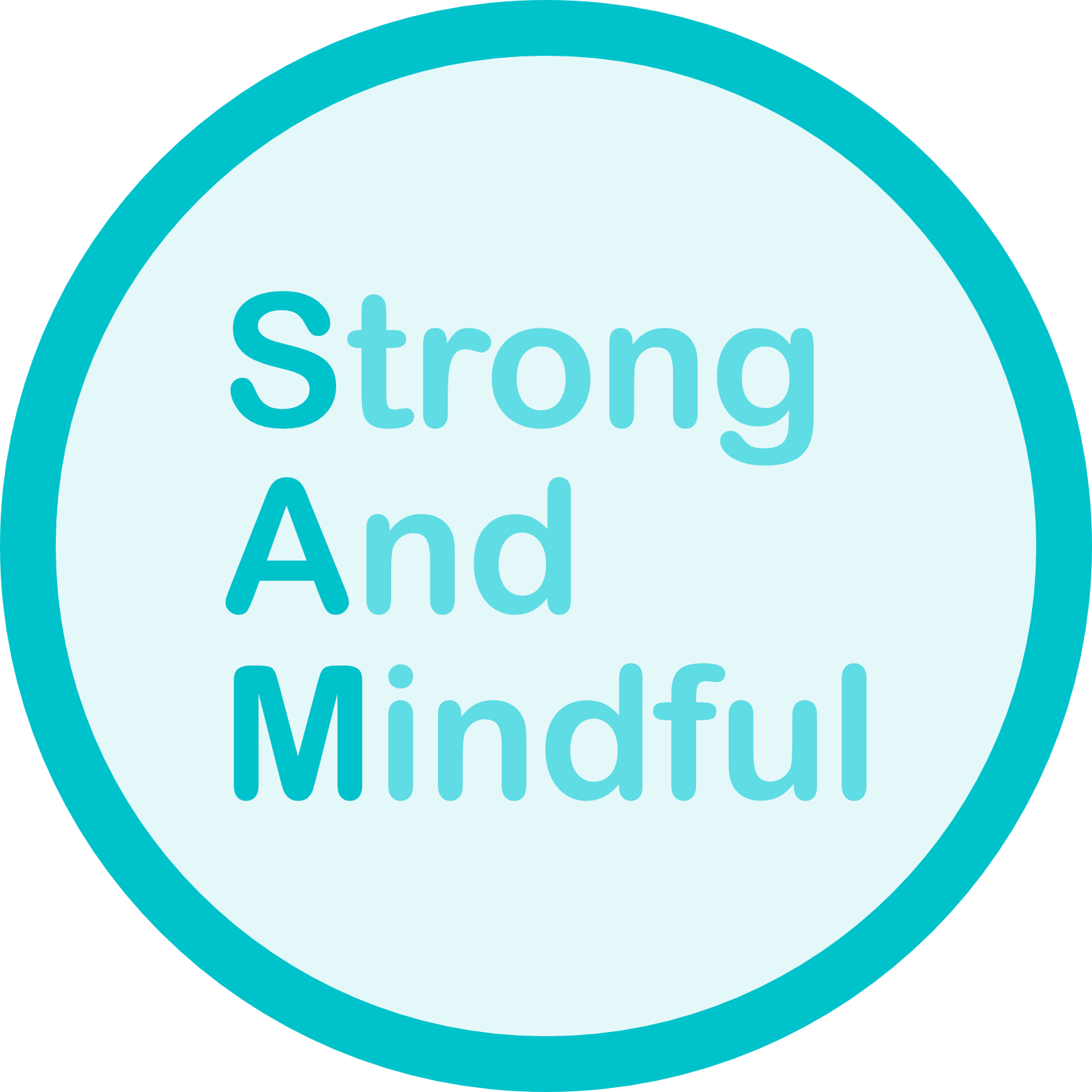Do you know the strongest positive trait that predicts a leader’s overall success?
It’s not their IQ, years of experience, or number of degrees. It’s their emotional intelligence. All I can say about that is WOW, and tell me more… So, I did the research and hope you enjoy the following information as much as I did!
Emotional Intelligence
Emotional intelligence is recognizing and effectively managing personal emotions in yourself and others.
Research shows that a strong propensity for emotional intelligence increases a leader’s ability to:
- Make sound decisions
- Build and sustain collaborative relationships
- Deal effectively with stress
- Cope to a greater degree with constant change
- Stay grounded in the face of challenges
So how does a leader develop emotional intelligence?
It’s through self-care and self-awareness. And to review from last month’s newsletter, self-care includes the purposeful choices you make to prioritize and promote your health now and in the future.
Self-care through a mental health lens will improve your self-awareness, which is one of the key ingredients of emotional intelligence.
Four Self-Care Steps to Develop Self-Awareness:
- Turn Inward
Slow down and check in with yourself to understand your thoughts, feelings, and triggers.
- Inner Nourishment
Prioritize what nourishes you and brings you joy.
- Set Boundaries
Know your limits, say no to yourself (when needed) and others, and develop the confidence and courage to stick to your boundaries.
- Let Go
Of unrealistic expectations, others’ expectations of you, perfectionistic tendencies, overthinking, self-doubt, people pleasing, immediate gratification, and over-apologizing.
Putting It Into Action:
Turn Inward
- Plan 5-10 minutes out of your day to check in with yourself
- Find a space or routine that works for you
- Ask yourself, how do I feel right now in this moment?
- Name your feelings
- Notice how you feel in your body
- Ask yourself, why am I feeling this way?
- Accept your feelings for what they are, and do not put a judgment on them
- Remind yourself that complicated feelings are worth exploring, and this level of understanding enhances your emotional intelligence (thereby making you a better leader)
Inner Nourishment
- Think about what nourishes you and brings you joy
- Decide how you will add that to your day
- Visually rehearse when, where, and how you will find time to do this today
Set Boundaries
- Think about the boundaries you need to set with yourself today
- Think about the boundaries you need to set with others today and how you will do that
- Rehearse the language and tone you will use to set these boundaries (both with yourself and others)
Let Go
- Decide which unrealistic expectations you need to let go of today to have a good day
- Determine which internal pressures (i.e., trying to be perfect, attempting to please everyone, etc.) are too much for today, given what is on your plate
- Mentally rehearse what it will look and feel like to let go of those particular expectations and internal pressures
- Verbally rehearse positive affirmations such as My best is good enough, I am strong and capable (and good enough), there is no such thing as perfect, there is no world in which I can please everyone
Reminders
- Once you have spent enough time with the four concepts, take a minute to transition out of this mindset
- Remind yourself that your goal with this activity is to develop your emotional intelligence so you can be a better leader
- Reinforce that you did a great job by taking the time to turn inward today
- Continue the practice during the day by observing yourself, your actions, your reactions, and your inner dialogue
- Remind yourself that developing a new routine and skill set takes time, practice, and patience
Final Thought
Please reach out if you or your team need additional support to develop emotional intelligence. Strong + Mindful partners with small businesses to help leaders understand human dynamics more clearly. This knowledge leads to a more robust and supportive culture and greater organizational success.

